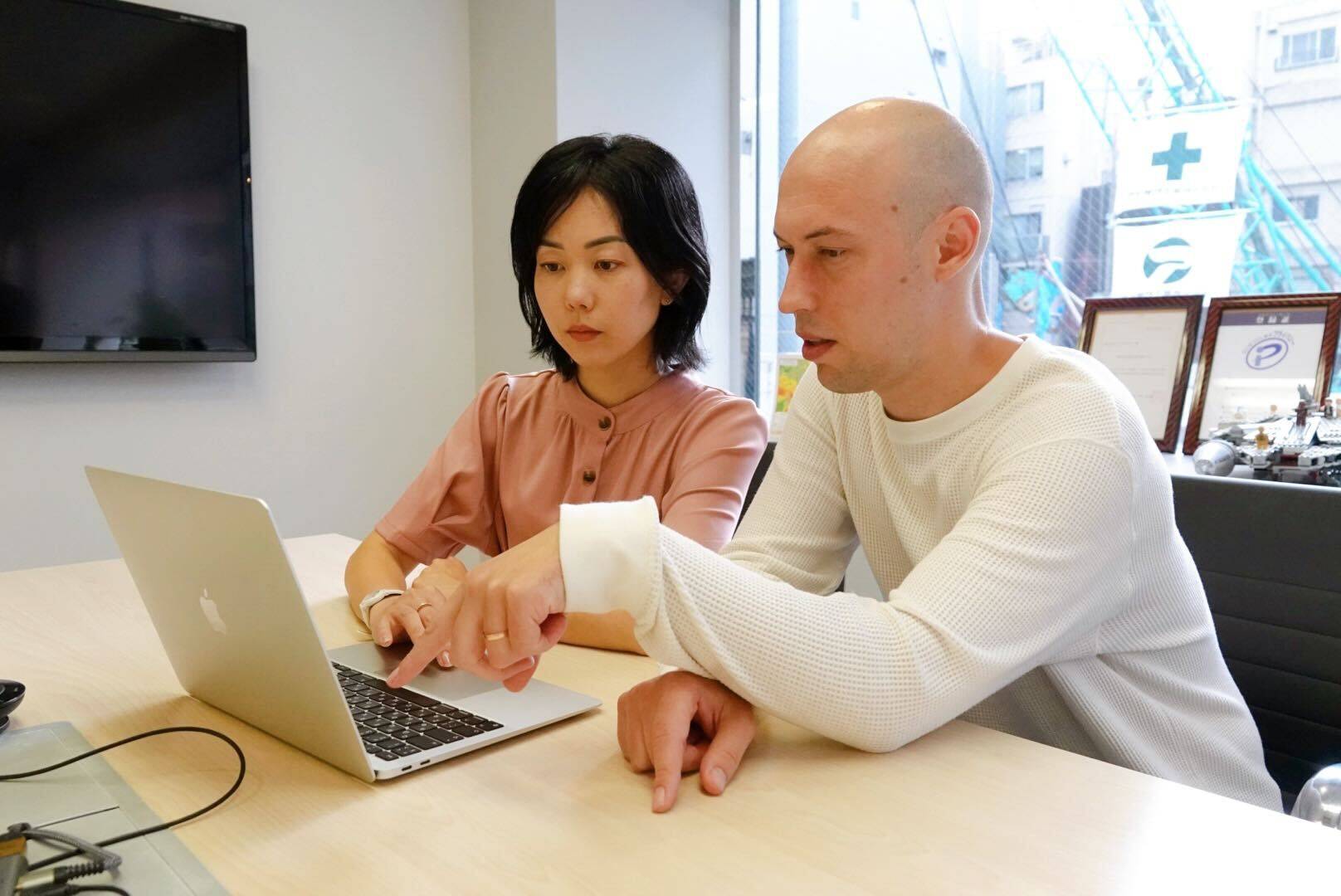Prior to the Russian invasion of Ukraine on Feb. 24, Japanese national Izumi Chvykov and her Ukrainian husband, Konstantin, lived in the city of Kharkiv. Not far from the Russian border, the city and area surrounding it has experienced significant attacks and destruction of civilian property.
Konstantin had previously worked as an engineer for Japanese tech firm i3DESIGN, which has an offshore development base in Kharkiv, Ukraine’s second-largest city. The couple initially believed the conflict would be over within a few days. However, it soon became clear that they needed to evacuate their home on the outskirts of the city.
It was then that they received a call from a representative of i3DESIGN.


















With your current subscription plan you can comment on stories. However, before writing your first comment, please create a display name in the Profile section of your subscriber account page.